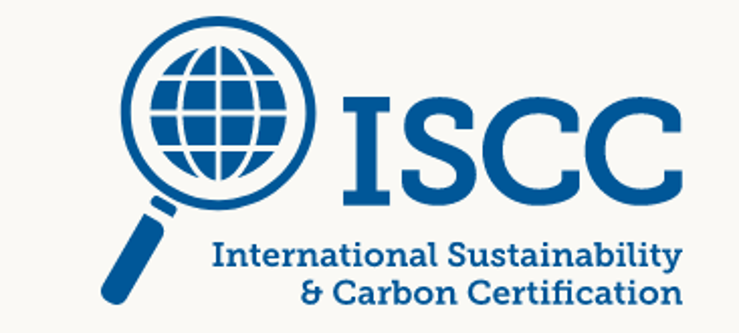Optimizing procurement strategies can be challenging. Searching for greener products and suppliers is not straightforward.
Although it is impossible to get a hang of all certification out there, 5 questions can help you to get a good feeling:
A) What do they assess?
i.e., carbon footprints or working conditions | processes or products?
B) Who is doing them?
i.e., independent assessments?
C) How is the assessment conducted?
i.e., On site or Desktop (latter refers to companies is simply submitting documents to be reviewed)
D) How often it has to be renewed?
i.e., how long is the certification valid?
E) How difficult is it to score well or how impactful are changes that lead to successful certification
i.e., are requirements meaningful and actually require “above average” change?
The last question is obviously somewhat subjective and depends a lot on what you are looking for. Furthermore, it will vary in which year and which company size you look at. Therefore, we leave it up to you to make your decision ; )
Here are 5 of the most important certifications and assessments to know about:
1. EcoVadis

A) EcoVadis assesses the environmental, social, and ethical performance of companies across various industries and sizes.
B) EcoVadis is a private company.
C) Both on-site and desktop assessments are conducted to evaluate the environmental and social practices of the company.
D) EcoVadis certification is typically renewed annually.
2. ISO (International Organization for Standardization)

A) ISO certifications such as ISO 14001 for environmental protection, ISO 50001 for energy management, and ISO 14064 for greenhouse gas emissions, evaluate specific aspects of environmentally aspects. However, ISO certifications are also available for other aspects.
B) Non-governmental organizations (NGOs) oversee ISO certifications, ensuring compliance with international standards.
C) ISO certifications involve both on-site assessments and desktop evaluations to verify adherence to standards.
D) ISO certifications typically require renewal every three years.
3. The Act Label by My Green Lab

A) The Act Label, initiated by My Green Lab, attempts to evaluates the footprint of laboratory equipment from consumables, equipment to chemicals and reagents.
B) This certification is given out by My Green Lab, a non-profit organization in corporation with the SMS Collaborative, LLC. which is Limited liability company which has been acquired by Parallel another LLC for sustainability strategies.
C) The Act Label only involves desktop assessments to evaluate sustainability practices within labs.
D) Renewal of The Act Label certification occurs annually.
4. ISCC (International Sustainability & Carbon Certification)

A) ISCC is an independent multi-stakeholder initiative that assesses sustainability and carbon certification across various industries. They offer multiple certifications such as ISCC Carbon Footprint Certification for Carbon footprint certification across a value chains or ISCC PLUS for the bioeconomy and circular economy for food, feed, chemicals etc.
B) Associate bodies of ISCC oversee the certification process, ensuring adherence to sustainability standards.
C) The need for on-site assessments varies depending on the risk factors associated with the industry or organization.
D) ISCC certification typically requires annual renewal.
5. Energy Star

A) Energy Star certification is geared towards products, buildings, heating & cooling systems assessing their energy efficiency and environmental impact.
B) The Energy Star program is a government initiative aimed at promoting energy-efficient products. It is run program run by the U.S. Environmental Protection Agency (EPA) and U.S. Department of Energy (DOE). Therefore, it only can received in Canada, Japan, Taiwan, Switzerland, United States while there have been agreements with countries in the EU.
C) Energy Star certification involves a verification program to assess product energy efficiency, typically conducted through desktop evaluations.
D) Renewal of Energy Star certification is required annually.
